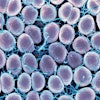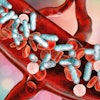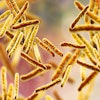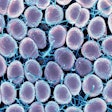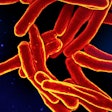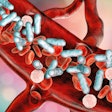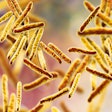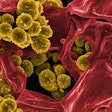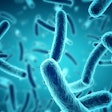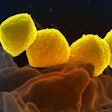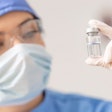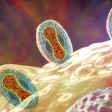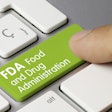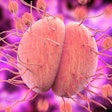Dear LabPulse Member,
You may have noticed a change in the format of LabPulse.com's newsletters this week.
Since our inception about one year ago, we have been publishing an e-newsletter every Tuesday, including top stories in lab medicine and an editor's note from me. But in these times we think a twice-weekly newsletter is better for getting important news to our readers more quickly. The plan is to deliver two newsletters by email per week to members, one with the latest news on Tuesday and a weekly digest on Friday.
Among other top news developments for the week, on Monday, the White House held a briefing about preparations for reopening, noting that 12.9 million coronavirus tests would be performed in May in the U.S., with 2% of the population covered in each state.
Government officials in charge of the coronavirus testing effort stressed that there would be enough supplies, including swabs and reagents. The shortage of supplies has been a big concern for labs. In a survey conducted by the College of American Pathologists (CAP) at the end of April, more than 60% of respondents reported shortages of critical supplies. The pandemic has also resulted in a large decline in revenues as "elective" procedures were left on the shelf and it's unclear when business will pick up. LabPulse talked to leaders at CAP about how their practices were adapting to the "new normal."
Another big concern is the quality of testing, particularly detection of antibodies. A new study compared two marketed immunoglobulin G (IgG) tests that have emergency use authorization by the U.S. Food and Drug Administration (FDA) and found that performance was not as high as what had been reported by the manufacturers. Results were published Wednesday in Clinical Chemistry, the journal of the American Association for Clinical Chemistry (AACC).
Meanwhile, the FDA's emergency authorization of the first antigen test -- Quidel's Sofia 2 SARS antigen point-of-care product -- came with a lot of fanfare. Former FDA Commissioner Scott Gottlieb has described it as a game changer and suggested its use as a first-step diagnostic test. White House officials said the clearance is a very important development. However, there are some cautionary notes. More information is needed as these products come to market. As CAP noted in a recent statement, direct antigen assays often have lower sensitivity than nucleic amplification tests.
Effects on the testing landscape as a whole remain to be seen, but at a time when -- like nasal swabs -- positive news is in short supply, we are hopeful.
